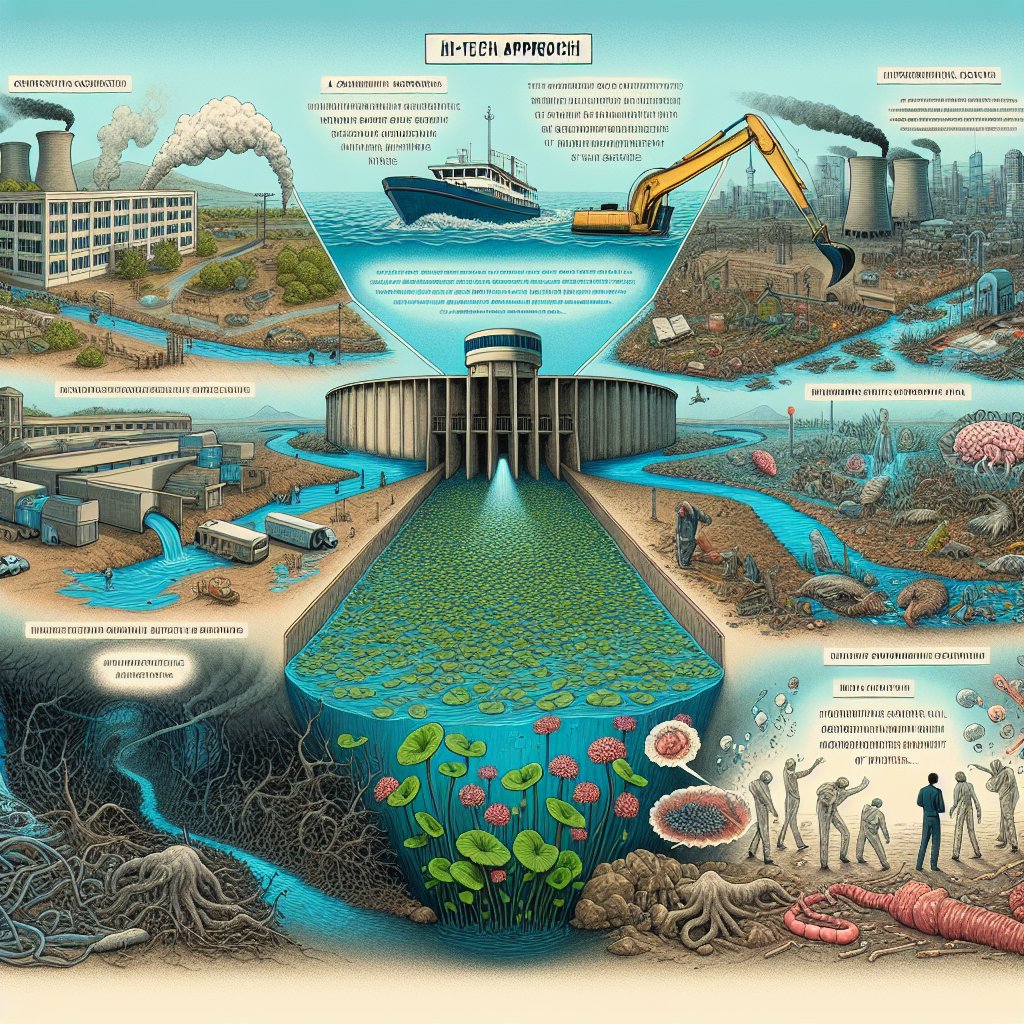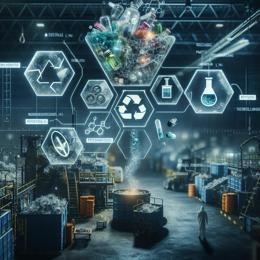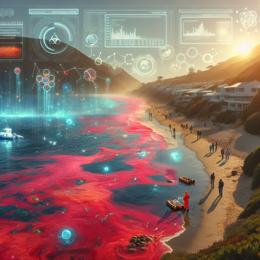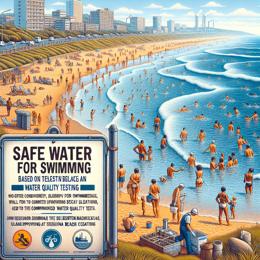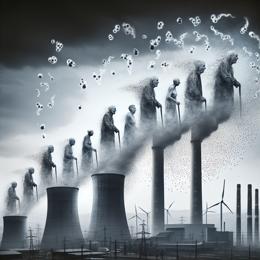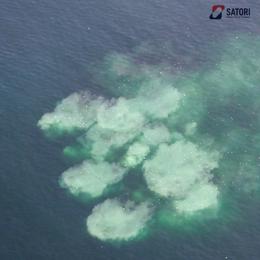Image created by AI
South Africa's Looming Water Quality Crisis: Action Needed Now
The perilous state of South Africa's water resources is not new, but its rapid deterioration is sounding ever-louder alarm bells. Decades of discharging partially treated sewage into our rivers, dams, and wetlands have pushed the ecosystems to a precarious tipping point, threatening human health on a disturbing scale.
Nearly 7 billion litres of sewage produced daily across the country, with approximately 90% being deposited, half-treated, into natural water bodies, is an egregious statistic. This has accelerated disastrous processes like eutrophication, whereby nutrients from sewage stimulate excessive plant growth, diminishing water quality and oxygen levels crucial for aquatic life.
A particularly alarming 2021 discovery of Per and Polyfluoroalkyl substances (PFAS) in the Hartebeespoort Dam underscores the severity of the situation. This hazard didn't occur overnight—back in 2008, the strategic drivers of South Africa's water quality challenges were already clear: limited dilution capacity, unfavorable spatial development patterns, and a legacy of socio-environmental contention. These factors remain unaddressed, visibly represented by troubled waters like the Vaal River, now inundated with invasive water lettuce, and the Onrus River, where vast tracts of ancient peat were swiftly destroyed by neglect and extreme weather.
Acknowledged champions like the Durban South Wastewater Treatment Plant serve as exemplars of innovation and reclaimed water, but a stagnation and retreat in technological progress has thwarted broader application of these solutions. Meanwhile, national, provincial, and local governments appear caught in a mire of ineffective responses and policy paralysis.
The consequences are clear and present. The human health risks lurking beneath the water's surface aren't speculative; they're real and have dire ramifications. RW Johnson's harrowing encounter with a flesh-eating bacterium after a seemingly innocuous scrape in a lagoon is a tragic case in point.
The scientific and moral implications are profound. As South Africans contend with the legacy of poorly managed water resources and the resulting health hazards, an urgent call to action is needed. The recovery, recycling, and reuse of water advocated in strategies of the past must be reinvigorated with commitment and investments in technology and infrastructure.
A wake-up call has been sounded, and the time to act is undeniably now. With predictions of rising neurological disorders from toxins in algae and increasing cases of flesh-eating diseases, the issues speak to a deep need for conscientious scientific advocacy and robust action. The elephant in the room demands recognition and must be addressed with the combined force of government action, scientific innovation, and community empowerment.
